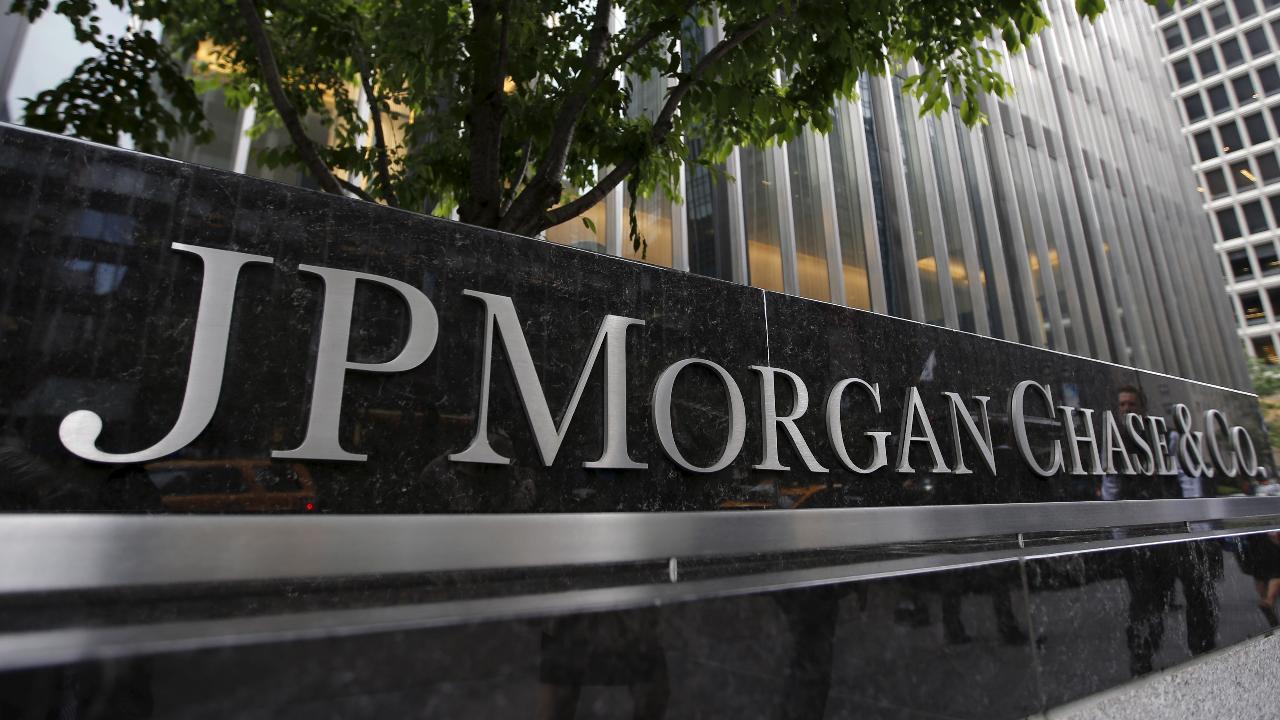JPMorgan's Jamie Dimon warns of shutdown impact
During the company’s fourth-quarter earnings call on Tuesday, JPMorgan CEO Jamie Dimon warned that if the partial government shutdown continues throughout the remainder of the quarter, economic growth could take a meaningful hit.
"Someone estimated that if it goes on for the whole quarter, it can reduce growth to zero," Dimon said during a call with reporters, adding that while he doesn’t know exactly what the impact will be – it won’t be “a positive.”
In a press release put out alongside the company’s results, Dimon – who is also chair of the Business Roundtable – urged the country’s political leaders to work with the business community and to keep the economy in mind when policymaking.
“As we head into 2019, we urge our country’s leaders to strike a collaborative, constructive tone, which would reinforce already strong consumer and business sentiment,” he said. “Businesses, government and communities need to work together to solve problems and help strengthen the economy for the benefit of everyone.”
The concerns, as outlined in Tuesday’s conference call with investors, pertain to how uncertainty regarding things like an ongoing trade war and partial government shutdown will impact consumer sentiment. JPMorgan CFO Marianne Lake said those events are not “constructive for confidence,” which will be extremely important, adding that right now consumer confidence is healthy.
The shutdown has dragged into its fourth week – becoming the longest in U.S. history. Hundreds of thousands of federal workers have been affected – many of whom missed their first paycheck last week.
Dimon has not shied away from confrontation with President Trump, claiming in September that he could “beat Trump” because he is “smarter” and “as tough.” The comments drew criticism from the president, who said the CEO is a “nervous mess.”
CLICK HERE TO GET THE FOX BUSINESS APP
For the fourth quarter, the largest U.S. bank by assets reported lower-than-expected profit despite gains from higher interest rates and a bump within its loan sector. Losses were driven by market volatility, global growth worries and an ongoing trade war between the U.S. and China.
The outlook, at the outset of the first quarter, is more positive, according to executives, who cited a more optimistic outlook on trade and healthy investor appetites as tailwinds. Additionally, a “dovish Fed” could help support the credit markets – a source of weakness in the fourth quarter.




















